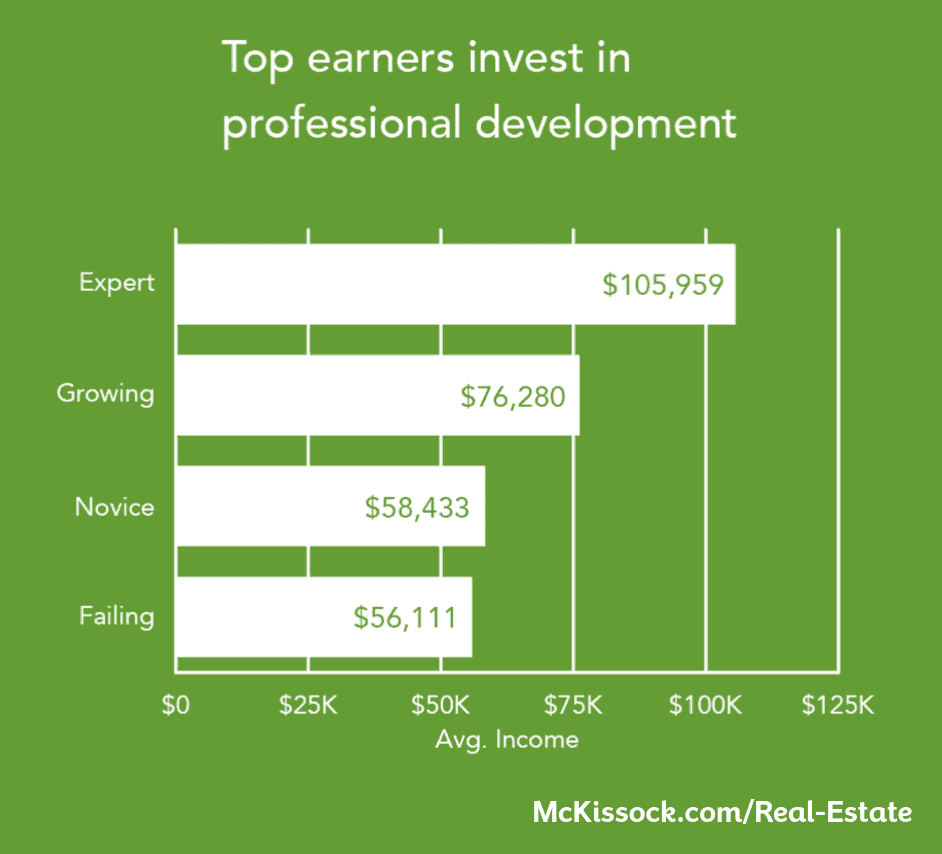"Hopefully consumers and real estate agents know the difference in between the capability to qualify for a home and the capability to keep and genuinely afford it now," states Sharga. In addition to individuals who lost their homes, loan providers and home builders experienced remarkable financial discomfort, says Herbert. "That discomfort has actually left them more threat averse, so loan providers are more careful when offering financing to consumers and to home builders," says Herbert.
"A lot of the products that began the crisis aren't around and the practices that started it Take a look at the site here are significantly constrained," states Fratantoni. Among those homeowners who lost their home to a brief sale or foreclosure, about 35 percent have actually now bought another house, according to CoreLogic. how to get a real estate license in texas. "That suggests that 65 percent didn't come back," states Frank Nothaft, chief economist at CoreLogic in Washington. how to become a real estate broker in california.

"Low documentation and interest-only loans were alright as a little specific niche for otherwise qualified borrowers with specific scenarios," states Nothaft. "The issue was that these dangerous loans ended up being commonly available to subprime customers." About http://holdenjkyv162.raidersfanteamshop.com/what-is-mls-real-estate-things-to-know-before-you-buy one-third of all home mortgages in 2006 were low or no-documentation loans or subprime loans, says Nothaft - how to invest in real estate with little money.
"A foreclosure hurts families, neighborhoods, lending institutions and investors." While regulations such as Dodd-Frank altered the financial world, lending institutions and investors also lost their hunger for risk and have actually changed their habits, says Sam Khater, chief financial expert of Freddie Mac in McLean, Va. As Find out more an outcome, he says, mortgage efficiency is better than it has been in twenty years.
